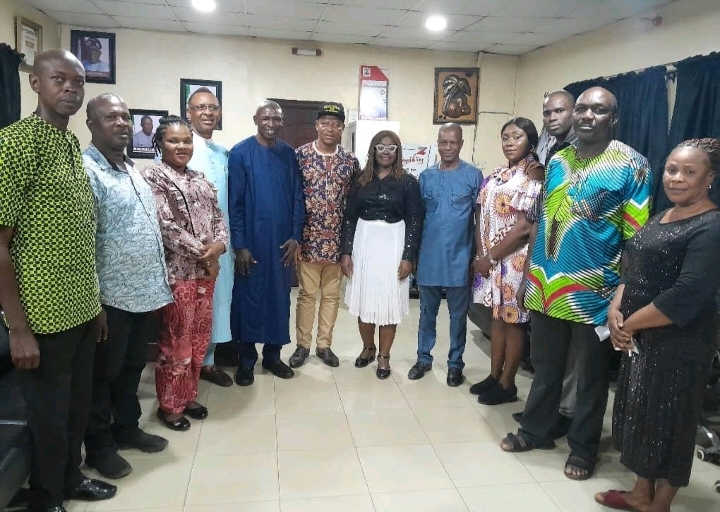No fewer than 150 farmers and stakeholders have undergone training organized by the Anambra State Government on safe methods of preserving agricultural produce. The two-day workshop, held at the Agricultural Development Programme (ADP) Hall and organized by the Produce Department, aimed to equip participants with skills in proper handling, storage, and grading of produce.
Declaring the event open, the State Commissioner for Agriculture, Dr. Forster Ihejiofor, described the training as timely, particularly as the government focuses on ensuring food security. “This is a critical capacity-building session, helping farmers preserve their livelihoods by learning how to extend the shelf life of their produce,” he stated.
Dr. Ihejiofor encouraged participants to apply their new knowledge and share it with fellow farmers in their communities. He emphasized that improving the quality of agricultural products would benefit the entire value chain, from producers to consumers.
The Permanent Secretary in the Ministry, Mrs. Ifeyinwa Uzoka, urged participants to explore the potential of Neem leaves as a natural preservative and adopt sustainable techniques to improve storage practices. She called for continuous collaboration among stakeholders to address challenges through training and awareness campaigns.
During practical sessions, Dr. Obigwe Chukwuma, a resource person and CEO of Royal Neem Ltd, demonstrated the use of organic materials like Neem leaves, oil, and cake as natural preservatives and pesticides. He stressed that natural preservation methods result in healthier produce and reduce reliance on chemicals.
Following the training, the State Government embarked on an inspection tour of agro-allied establishments, including Belga Nig Ltd., Palm Fruit and Kernel Processing in Abagana, and Tonysilver Industry Ltd., a palm kernel crushing mill in Umuokpu. The Acting Director of the Produce Department, Mrs. Uzoamaka Emeagwali, who led the tour, highlighted the importance of proper storage and processing methods to prevent health risks and ensure quality produce.
At Tonysilver Ltd., the Managing Director, Engr. Sylvester Ofodile, explained the production stages of palm kernel processing, while Mr. Louis Ime Kalu, a resource person and Director of Produce from the Abia State Ministry of Trade, demonstrated how to assess the quality and free fatty acid content of palm kernels, noting that higher levels of free fatty acid contribute to increased cholesterol in the oil.




